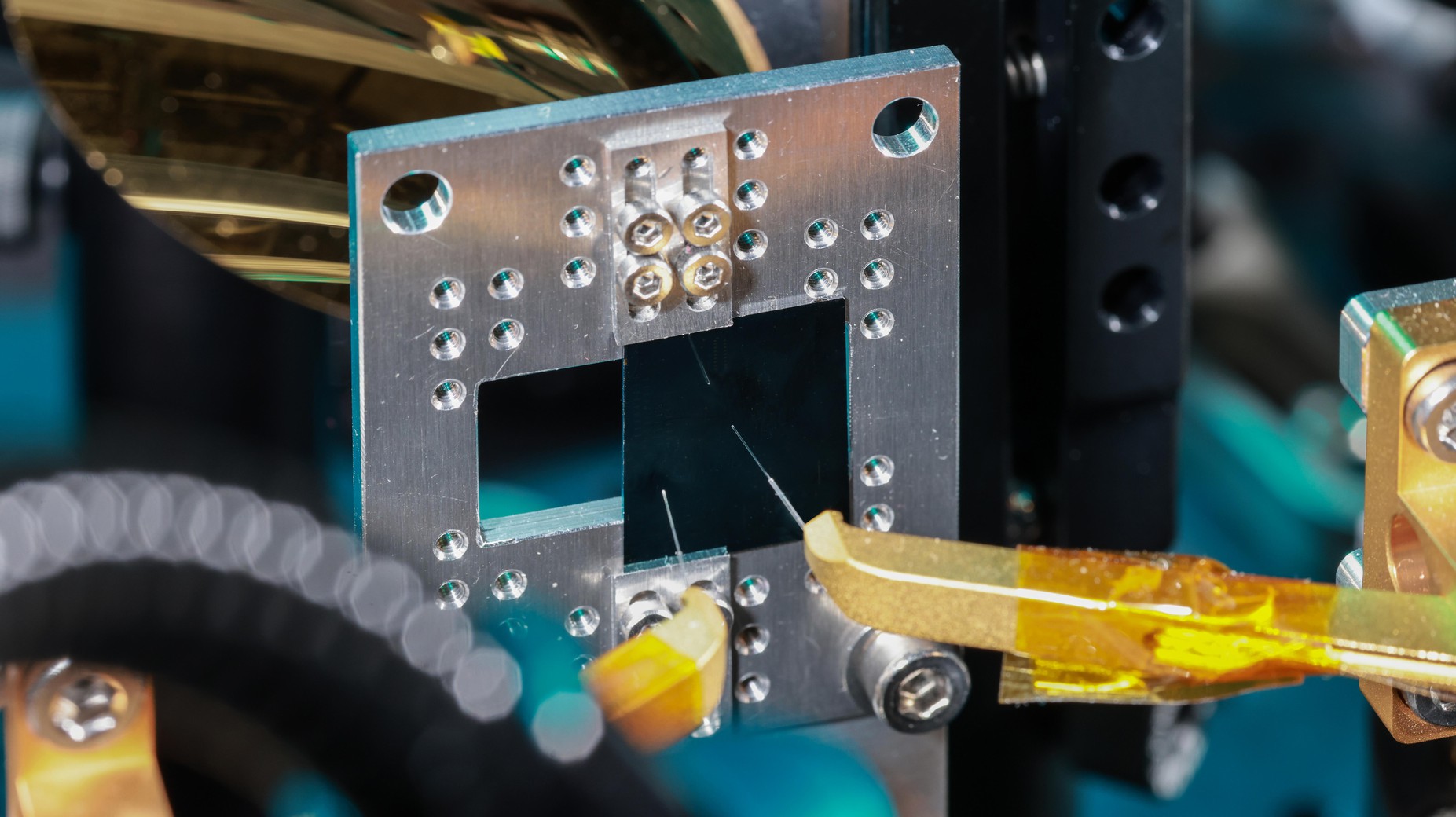L’ingénierie pour une société fondée sur les données et les réseaux
L’intérêt croissant pour les sciences des données et des réseaux, ainsi que les questions de complexité informatique, de sécurité et de protection de la vie privée, ont un impact profond sur les sciences de l’ingénieur et la conception. Notre faculté contribue aux progrès de l’apprentissage automatique et de l’intelligence artificielle, ainsi qu’au développement d’outils de conception intelligents qui permettent aux ingénieurs d’explorer plus complètement l’espace de conception, par exemple pour découvrir de nouveaux matériaux, concevoir des systèmes intelligents, faire progresser les technologies robotiques et promouvoir la fabrication intelligente




